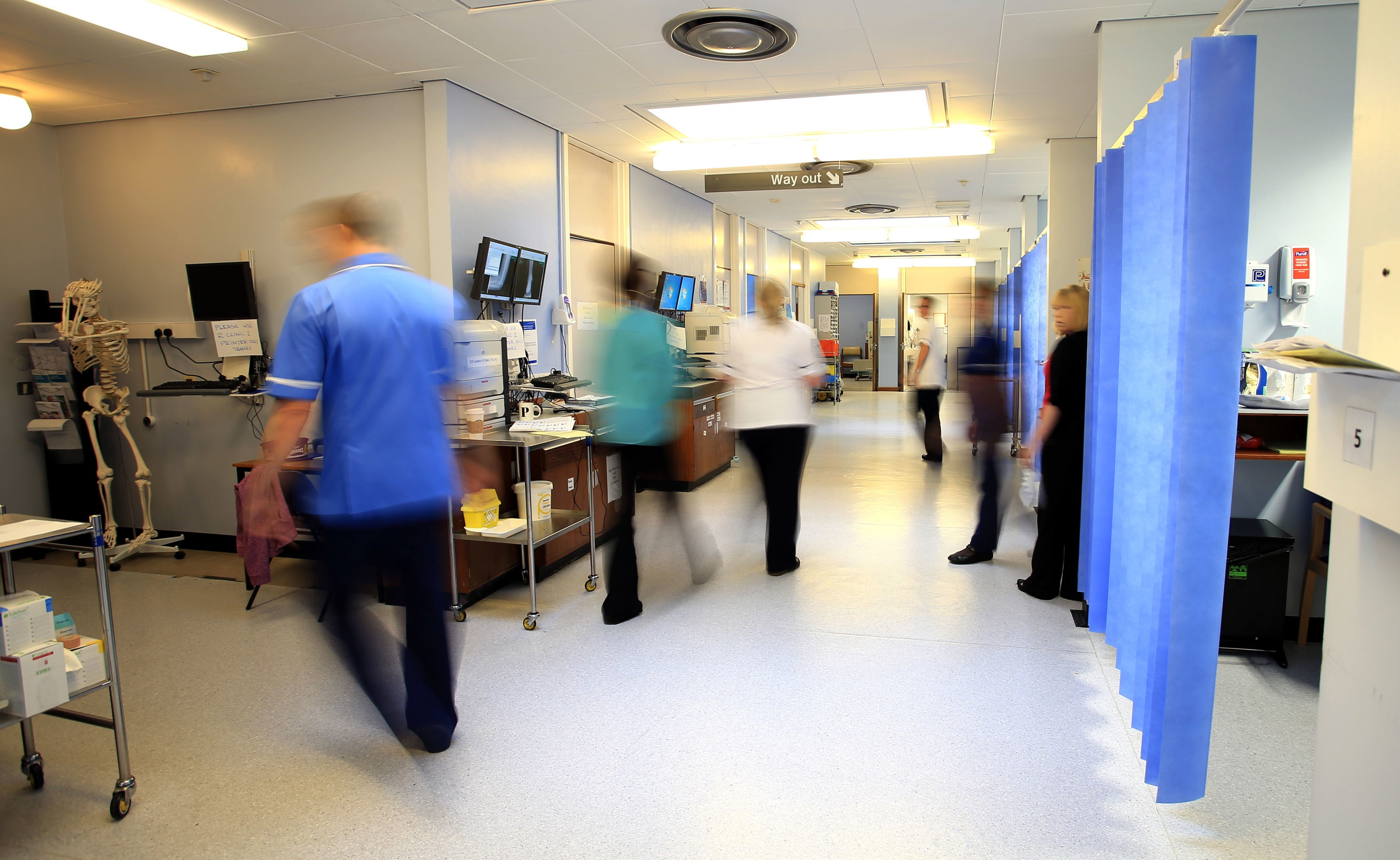Forget tax cuts – to fix the economy we need to fix the NHS
The number of people looking for work has fallen. But so has the number of people in work, as an increasing number of Britons find themselves made ‘economically inactive’, writes James Moore


A question that someone in government needs to answer: how are you going to produce the growth you keep banging on about without the workers to fuel it?
The latest labour market data ought to provide some relief for an administration facing economic crises on multiple fronts – given that joblessness, at least, is not among them. The problems created by the cost of living crisis, which are huge, would be worse by orders of magnitude if people were camped outside their nearest Jobcentre Plus branch in the hopes of securing the last job in town.
Unemployment fell to just 3.6 per cent during the May to July 2022 quarter, a decline of 0.2 percentage points. It has gone beyond recovering to pre-Covid pandemic levels and is now at its lowest level since 1974. The same, however, is not true for the rate of employment. The proportion of working-age adults – 16 to 64-year olds – in employment stood at 75.4 per cent during the same period, also a decline of 0.2. percentage points. That number remains below pre-pandemic levels.
These movements translated into an increase in the proportion of people rather unfortunately classed as “economically inactive”, rising by 0.4 percentage points during the quarter to 21.7 per cent. The Office for National Statistics (ONS) said the increase was primarily driven by those aged 16 to 24 and those aged 50 to 64. Note, the latter group was responsible for 60 per cent of the increase in economic inactivity during the Covid-19 pandemic.
Now, the number of young people in this category is easily accounted for by an increase in the number becoming students. Having a well-educated workforce is crucial in the modern knowledge economy, so that is obviously no bad thing.
The reason for the mass exit from the labour market among those at the other end of the age scale is less happy. The ONS puts this down chiefly to an increase in long-term sickness, which is now at a record high. The total has increased by roughly half a million since 2020 alone. Long Covid? That may account for some but by no means all of it.
Older workers are, as a group, clearly more likely to suffer from medical problems than are their more youthful colleagues. But many of those issues are treatable. The trouble is, they aren’t being treated. The stresses and strains caused by Covid have left the UK with nearly seven million people on NHS waiting lists. Of that number, 2.7 million have been waiting for more than 18 weeks. QED.
Now, the global economy is sniffling while the UK’s has a full-on cold. Consumers are under unprecedented pressure. As a result of all this, we may technically already be in recession and even if we aren’t, a sharp rise in interest rates could easily deliver one next year.
The jobs boom may not survive this. However, there were still 1.266 million vacancies recorded by the ONS despite the bad economic data we’ve been witnessing, comfortably above the number of people seeking work (1.224 million). Even if unemployment were to start rising, as some expect it to, the UK labour market is going to be dealing with shortages for some time to come and those shortages will inevitably constrain growth and recovery.
If you can’t find the people you need to grow your business, to help you export and open up new markets, then you’re left treading water. Cutting taxes and “red tape” – a dubious claim on the part of this government given the vast burdens it has willfully imposed upon business as a result of the form of Brexit it has chosen – will do nothing to help with that.
The TUC director general, Frances O’Grady, has argued strongly in favour of investment in public services to help boost the economy instead. Here is an example of where that could yield dividends. If you fix the NHS you will be able to fix the older workers who’ve vanished from the labour force. Some of them may then be prepared to rejoin the labour market, which will help fix the economy.



Join our commenting forum
Join thought-provoking conversations, follow other Independent readers and see their replies
Comments